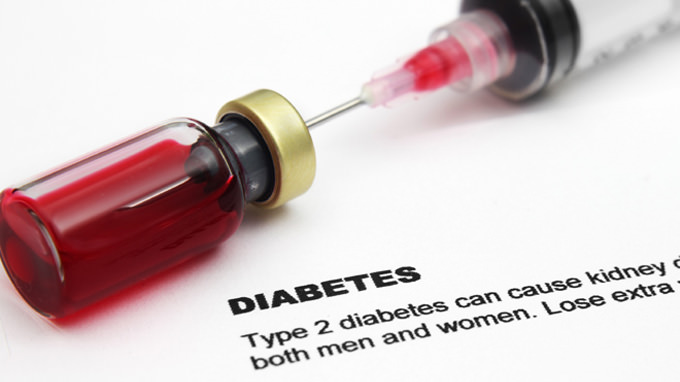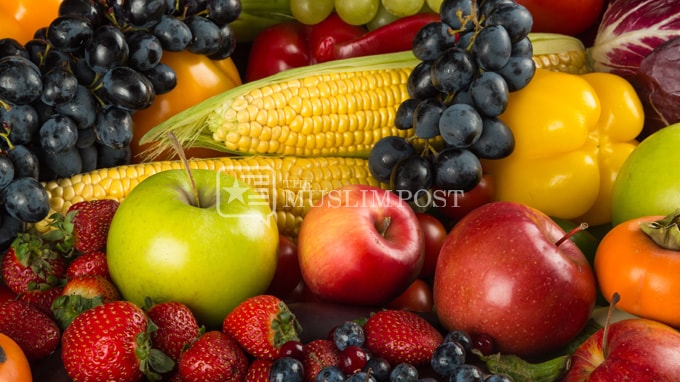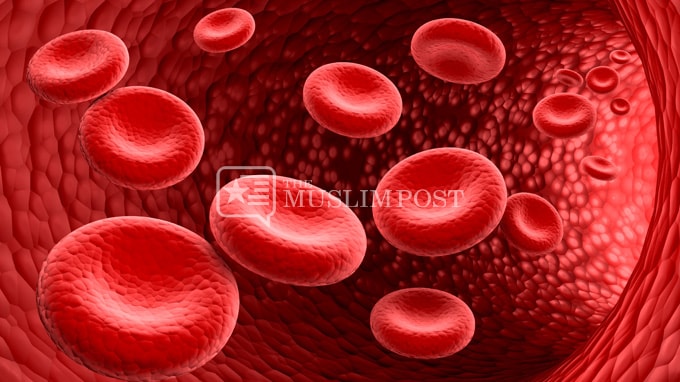Reviewed by QualityHealth’s Medical Advisory Board
So how can you tell if you are developing insulin resistance? Certain warning signs include:
You may be interested
Fatigue and weight gain. If you find that you are having a really hard time losing weight, or if you’re gaining weight and feeling fatigued, this could be a sign of insulin resistance, says Betul Hatipoglu, MD, of the Department of Endocrinology, Diabetes and Metabolism at the Cleveland Clinic. “Very often, the weight will be in the waist area,” she says. “You may also notice that you’re gaining weight in the belly.”
Excess hair growth. “There may be hair growth under your chin,” Hatipoglu says. “In women, you will see changes in the hair itself.”
Fertility issues. Insulin resistance is associated with Polycystic Ovarian Syndrome (PCOS, a common endocrine, or hormone, disorder). Women with PCOS tend to also have diabetes, or problems producing enough insulin. In addition to difficulty conceiving, individuals with PCOS can have painful, heavy periods, irregular periods, and a waist circumference greater than 35 inches. “They can also have increased acne in the face,” Hatipoglu says.
A skin rash that causes dark patches of skin in the armpits, folds of the neck, and groin may also signal the onset of insulin resistance. Called acanthosis nigricans, it is a condition to watch out for, says Tracy Breen, MD, of the North Shore-LIJ Health System in Great Neck, NY. And, she adds, increasing age is a risk factor in the development of insulin resistance. “As you get older, you become more insulin resistant,” Breen explains.
If you have any of these symptoms and you suspect that you may have insulin resistance,
Monitor your weight. “And if you come from a high-risk family, get regular screenings,” Breen advises. “Get your blood sugar tested and get your hemoglobin (red blood cells) A1c tested.” (This test measures blood sugar control.)
Try to walk for at least 150 minutes per week. Also resolve to step it up and add additional minutes, and add weight training to your fitness regimen. “These are the most important weapons against insulin resistance,” Hatipoglu says.
Avoid processed carbs. “White bread and pasta, doughnuts, and drinks that are made with corn syrup and sugar are best avoided,” Hatipoglu says. Fruit can be a good choice as a snack, but if you are trying to lose weight, stick with berries, pears, and peaches, rather than grapes, bananas, and pineapples. Load up on vegetables, and eat lean protein. “These will help you feel satisfied as well as really balance your system so you can fight insulin resistance effectively,” Hatipoglu explains.
Dr. Betul Hatipoglu reviewed this article.
Sources:
National Diabetes Information Clearinghouse. “Insulin Resistance and Prediabetes.” Web. 22 Jan. 2013. http://diabetes.niddk.nih.gov/dm/pubs/insulinresistance/
American Diabetes Association. “Polycystic ovarian syndrome (PCOS).” Web. 30 March 2013. http://www.diabetes.org/living-with-diabetes/women/polycystic-ovarian-syndrome.html






